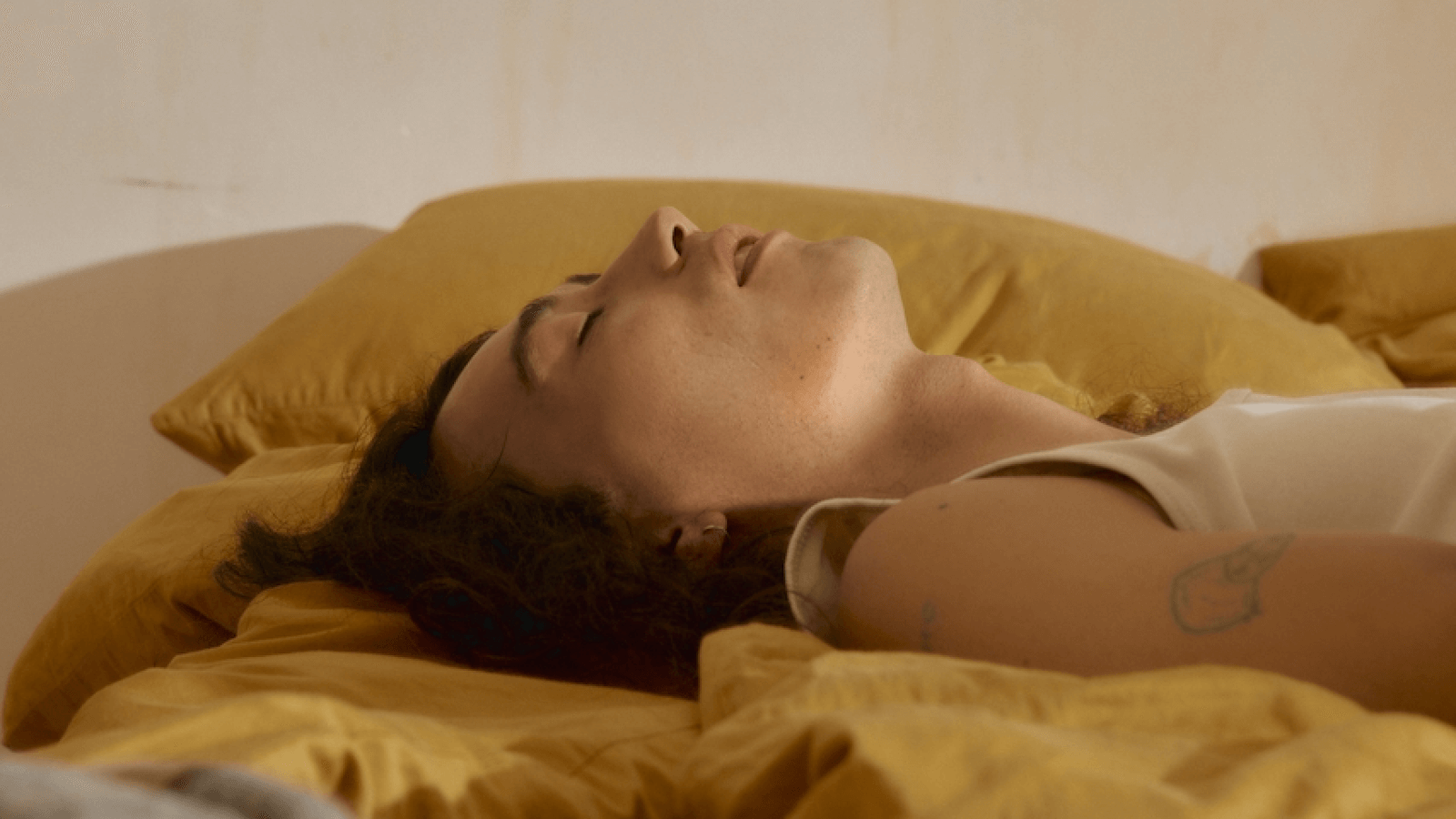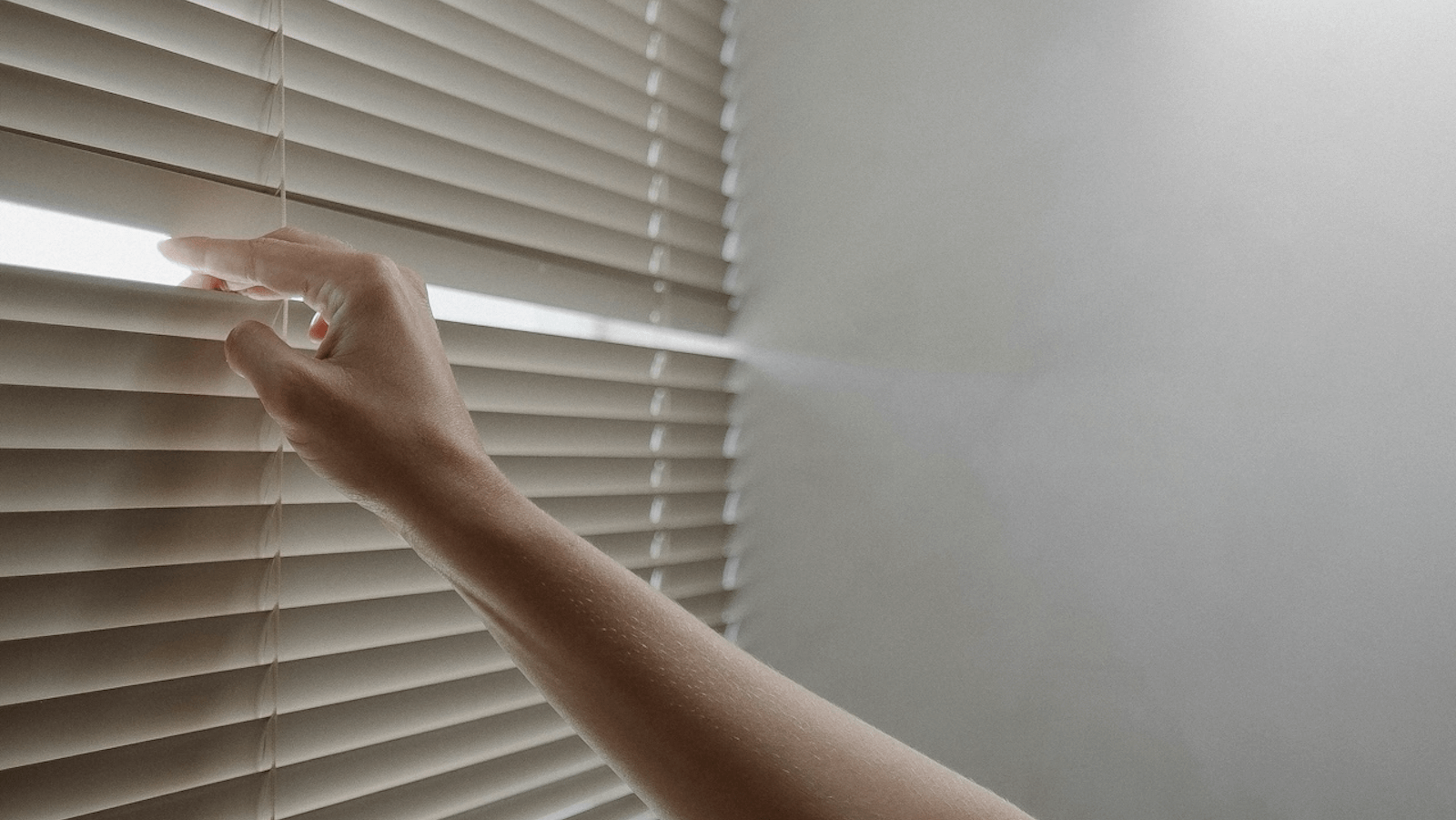Key takeways
Clinical studies show that 9-14% of people experience insomnia when taking Lexapro, with higher doses increasing this risk significantly.
Sleep disruptions often occur in the first few weeks but may improve as the body adjusts, though individual experiences vary considerably.
Non-medication approaches like sleep hygiene and cognitive behavioral therapy can effectively help manage antidepressant-related insomnia.
Sleep difficulties are among the most commonly reported side effects when starting Lexapro (escitalopram), a selective serotonin reuptake inhibitor (SSRI) prescribed for depression and anxiety disorders. While these medications can provide significant relief from mental health symptoms, the irony of losing sleep over a treatment meant to improve wellbeing isn't lost on those experiencing it.
Understanding what causes Lexapro-related insomnia, how long it typically lasts, and what can be done to manage it empowers people to make informed decisions about their treatment journey. The research provides clear insights into both the scope of this side effect and evidence-based approaches to address it.
Does Lexapro Cause Insomnia?
Clinical trial data provides definitive evidence that Lexapro can indeed cause insomnia. In studies examining major depressive disorder, 9% of participants taking Lexapro experienced insomnia compared to only 4% of those taking placebo. For generalized anxiety disorder, the rates were even higher: 12% of Lexapro users versus 6% of placebo users reported sleep difficulties.
The relationship between Lexapro dosage and insomnia risk is particularly striking. In dose-comparison studies, insomnia affected:
- 7% of people taking 10mg daily
- 14% of people taking 20mg daily
- Only 4% of those taking placebo
This dose-dependent pattern suggests that the medication's pharmacological effects directly contribute to sleep disruption, rather than insomnia being coincidental or related to underlying conditions alone.
Interestingly, Lexapro can cause both insomnia and its opposite effect, somnolence (excessive sleepiness). In the same clinical trials, 6% of people with depression and 13% with anxiety experienced increased sleepiness. This highlights the individual variability in how people respond to SSRIs and their effects on sleep architecture.
Understanding the Sleep-Serotonin Connection
How Antidepressants Affect Sleep Architecture
SSRIs like Lexapro work by increasing serotonin availability in the brain, but serotonin plays complex roles in sleep regulation that extend far beyond mood. The medication's effects on sleep occur through several mechanisms that can either promote or disrupt normal sleep patterns.
What antidepressants do to sleep involves changes in sleep stage distribution and timing. Research on similar medications shows they can alter the normal progression through different sleep phases, potentially affecting both the ability to fall asleep initially and the quality of sleep throughout the night.
The timing of these effects matters significantly. Many people notice sleep changes within days of starting Lexapro, well before the mood-related benefits typically emerge (which usually takes 4-6 weeks). This suggests that sleep effects occur through more immediate neurochemical changes rather than as secondary consequences of mood improvement.
Why Some People Are More Affected
Individual differences in sleep sensitivity to Lexapro appear related to several factors, though research in this area remains limited. Some people naturally metabolize medications differently, while others may have baseline sleep patterns that are more vulnerable to disruption.
The timing of Lexapro dosing can influence sleep effects. While the medication can be taken morning or evening, some people find that evening doses worsen insomnia, while others experience no difference or even improved sleep with nighttime dosing.
How Long Does Lexapro Insomnia Last?
The Timeline: What Research Shows
Most sleep-related side effects from SSRIs emerge within the first few weeks of treatment. Patient reports from clinical studies suggest that sleep difficulties are often most pronounced during the initial adjustment period, typically the first 2-4 weeks.
For many people, sleep patterns begin to normalize as the body adapts to the medication. However, the timeline varies considerably between individuals. Some experience resolution of sleep issues within weeks, while others may have persistent sleep changes that last months or longer.
The research on SSRI side effects indicates that sleep disruption can be part of the broader constellation of initial side effects that often diminish over time. As one clinical study participant noted: "The first four weeks were really difficult... After the first month, most patients reported that the burden of side effects had reduced."
Factors That Influence Duration
Several factors appear to influence how long Lexapro-related insomnia persists:
Dosage: Higher doses are associated with both increased likelihood and potentially longer duration of sleep effects. People on 20mg daily show nearly double the insomnia rates of those on 10mg.
Individual physiology: Genetic variations in medication metabolism and pre-existing sleep sensitivity can affect both the severity and duration of sleep side effects.
Concurrent factors: Life stress, other medications, caffeine intake, and underlying sleep disorders can all influence how long medication-related sleep issues persist.
Treatment approach: People who implement sleep hygiene strategies and work with healthcare providers to optimize dosing often see faster improvement in sleep quality.
Evidence-Based Management Strategies
Sleep Hygiene Fundamentals
Research consistently supports several non-pharmacological approaches to managing insomnia, including medication-related sleep difficulties. These strategies can be particularly effective for people experiencing Lexapro-related insomnia:
Maintain consistent sleep-wake schedules: Going to bed and waking up at the same time daily helps regulate the body's internal clock, even when medication is affecting sleep patterns.
Optimize light exposure: Getting bright light exposure in the morning helps maintain healthy circadian rhythms. Conversely, limiting light exposure 1-2 hours before bedtime (especially from electronic devices) supports natural sleep onset.
Exercise strategically: Regular physical activity improves sleep quality, but timing matters. Exercise should ideally occur more than 3 hours before bedtime to avoid stimulating effects that could worsen medication-related insomnia.
Limit afternoon caffeine: Since Lexapro can increase sensitivity to stimulants in some people, avoiding caffeine after early afternoon becomes even more important.
Avoid daytime napping: While fatigue is another common early side effect of Lexapro, daytime naps can worsen nighttime insomnia.
Cognitive Behavioral Approaches
Cognitive Behavioral Therapy for Insomnia (CBT-I) represents the gold standard treatment for chronic sleep difficulties. The American College of Physicians recommends CBT-I as the initial treatment for chronic insomnia, and these approaches can be particularly valuable for medication-related sleep issues.
CBT-I techniques include sleep restriction (limiting time in bed to match actual sleep time), stimulus control (using the bed only for sleep), and cognitive restructuring (addressing anxiety about sleep). Even when insomnia is medication-related, these approaches can provide significant improvement.
Mindfulness-based approaches have shown specific promise for people discontinuing antidepressants, and similar techniques may help during the adjustment period when starting treatment. These practices help manage the anxiety about sleep that can perpetuate insomnia beyond the direct medication effects.
Practical Coping Techniques
Several immediate strategies can help manage Lexapro-related insomnia:
- Create optimal sleep environment: Cool, dark, quiet bedroom conditions support better sleep even when medication is affecting sleep architecture.
- Develop relaxation routines: Progressive muscle relaxation, deep breathing exercises, or gentle stretching before bed can counteract medication-related alertness.
- Consider dosing timing: Some people find switching from evening to morning dosing reduces insomnia, though this should be done with healthcare provider guidance.
- Use acceptance techniques: Rather than fighting wakefulness, practicing acceptance of temporary sleep changes can reduce the anxiety that worsens insomnia.
- Monitor patterns: Keeping a sleep diary helps identify which strategies are most helpful and provides valuable information for healthcare providers.
When to Seek Professional Guidance
While some sleep disruption is common when starting Lexapro, certain situations warrant professional consultation. Severe insomnia that significantly impairs daytime functioning, sleep difficulties that worsen rather than improve after the first month, or signs of other serious side effects require medical attention.
Healthcare providers can assess whether dosing adjustments, timing changes, or additional sleep support strategies might help. They can also evaluate whether concurrent sleep disorders or other medications might be contributing to persistent insomnia.
The goal is balancing the mental health benefits of Lexapro with manageable side effects. For most people, this balance is achievable with appropriate strategies and sometimes minor medication adjustments.
The Bigger Picture: Sleep and Mental Health Recovery
Quality sleep supports mental health recovery, creating a complex relationship when medication needed for depression or anxiety initially disrupts sleep. Research shows that most people naturally recover from depression within a year, including those with severe symptoms, highlighting the importance of supporting overall wellbeing during treatment.
The temporary nature of many SSRI side effects, including sleep disruption, means that patience and appropriate management strategies often lead to improved outcomes over time. Sleep patterns frequently normalize as both the medication effects stabilize and underlying mental health conditions improve.
Conclusion
Lexapro-related insomnia affects a significant minority of users, with clear dose-dependent relationships and typically temporary duration. While frustrating, these sleep difficulties can often be effectively managed through evidence-based sleep hygiene practices, cognitive behavioral techniques, and appropriate medical guidance.
Understanding that sleep disruption is a recognized, often temporary side effect can reduce anxiety about the experience itself. With proper strategies and professional support when needed, most people can successfully navigate this adjustment period while maintaining the mental health benefits that Lexapro provides.
Considering Coming Off Lexapro? Outro Can Help
If sleep issues or other side effects are making you consider discontinuing Lexapro, it's important to approach medication changes safely and strategically. Outro provides evidence-based guidance for people looking to reduce or discontinue psychiatric medications under professional supervision, helping you make informed decisions about your mental health treatment journey.
Want to explore tapering?
Book a free discovery call with the Outro team.
The information provided on this page is for educational and informational purposes only and is not intended as medical advice. It should not be used to diagnose, treat, cure, or prevent any medical condition. Always seek the guidance of a qualified healthcare professional with any questions you may have regarding your health, medical condition, or treatment. Never disregard professional medical advice or delay in seeking it because of something you have read here. If you are experiencing a medical emergency, please call 911 (or your local emergency number) immediately.
Baldwin, D. S., Montgomery, S. A., Nil, R., & Lader, M. (2006). Discontinuation symptoms in depression and anxiety disorders. International Journal of Neuropsychopharmacology, 10(1), 73-84.
Forest Pharmaceuticals. (2017). Lexapro (escitalopram oxalate) prescribing information. FDA.
Horowitz, M. A., & Taylor, D. (2019). Tapering of SSRI treatment to mitigate withdrawal symptoms. The Lancet Psychiatry, 6(6), 538-546.
Qaseem, A., Kansagara, D., Forciea, M. A., Cooke, M., & Denberg, T. D. (2016). Management of chronic insomnia disorder in adults: A clinical practice guideline from the American College of Physicians. Annals of Internal Medicine, 165(2), 125-133.
Taylor, D., Barnes, T. R. E., & Young, A. H. (2021). The Maudsley Prescribing Guidelines in Psychiatry (14th ed.). Wiley Blackwell.
van Geffen, E. C., Hugtenburg, J. G., Heerdink, E. R., van Hulten, R. P., & Egberts, A. C. (2011). Discontinuation symptoms in users of selective serotonin reuptake inhibitors in clinical practice. Research in Social and Administrative Pharmacy, 7(2), 134-150.
Whiteford, H. A., Harris, M. G., McKeon, G., Baxter, A., Pennell, C., Barendregt, J. J., & Wang, J. (2013). Estimating remission from untreated major depression: A systematic review and meta-analysis. Psychological Medicine, 43(8), 1569-1585.
.png)




